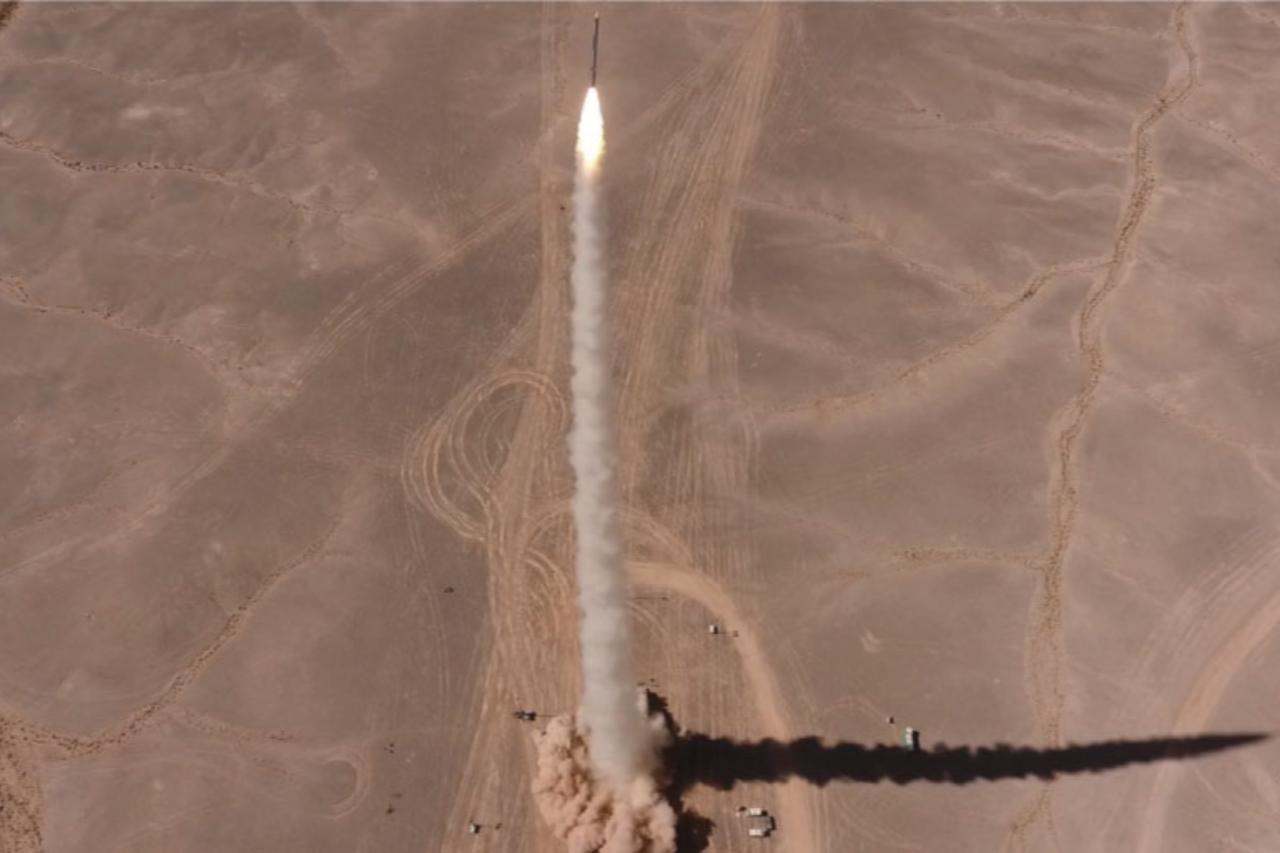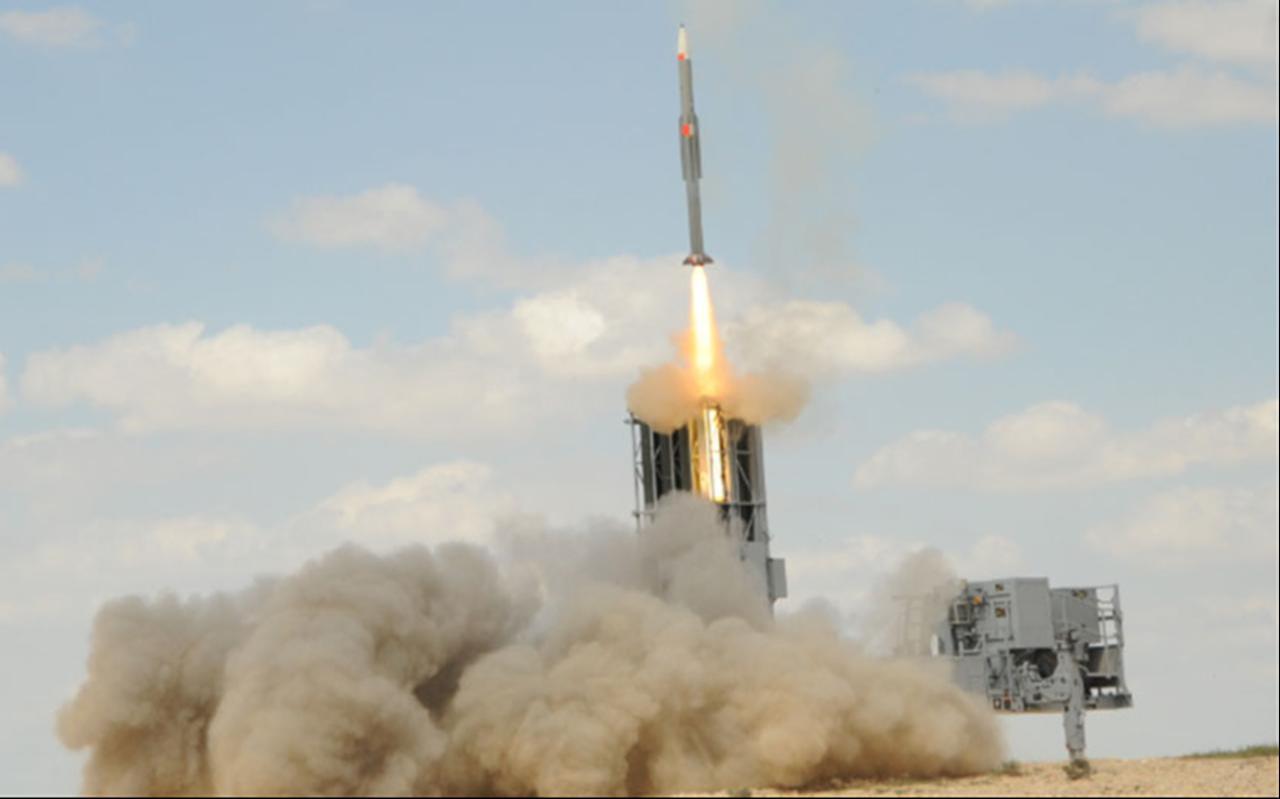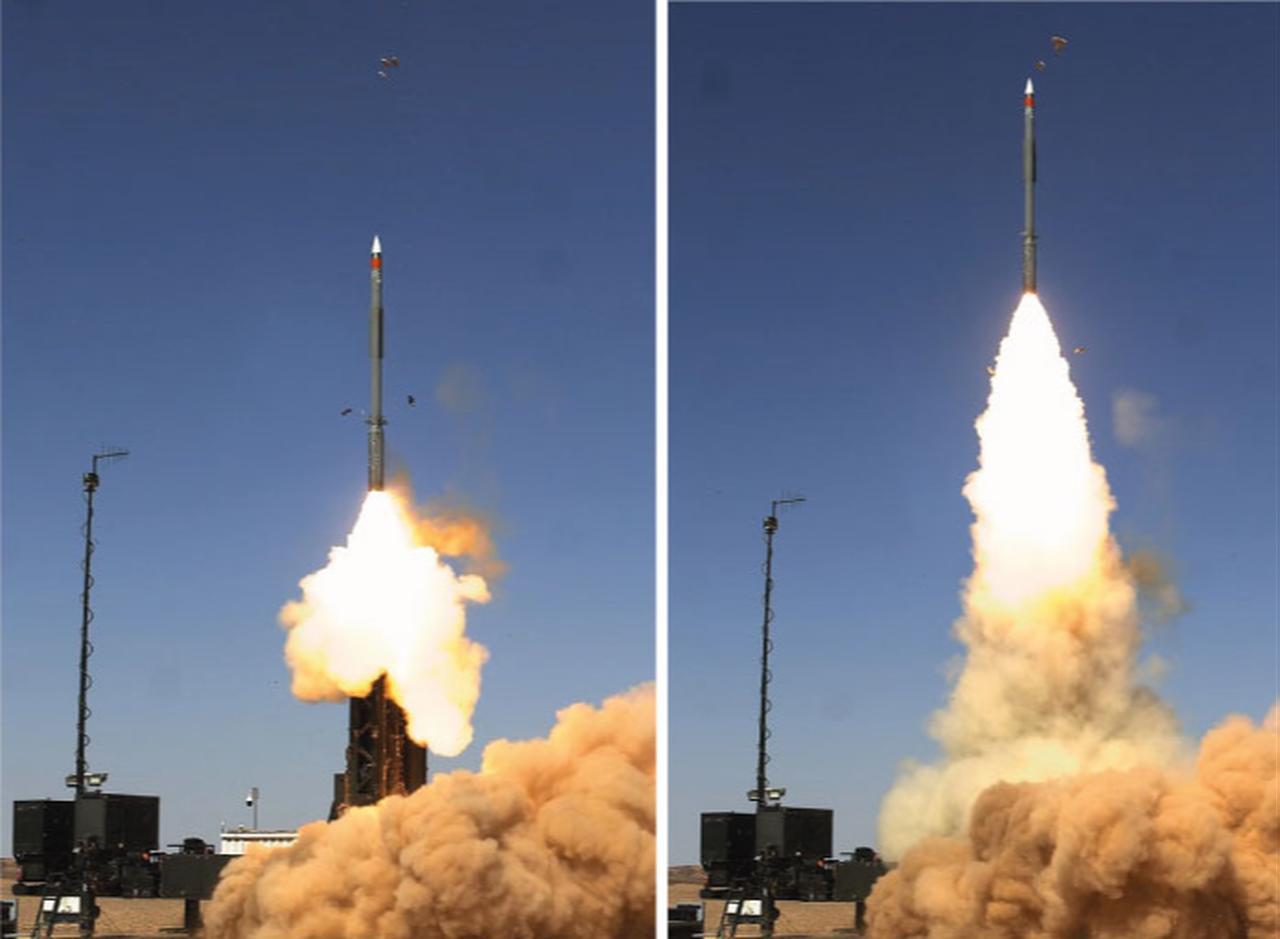
The Greek Cypriot administration's procurement of the Israeli-manufactured Barak-MX air defense system, produced by Israel Aerospace Industries (IAI), poses a threat not only to Türkiye and the Turkish Republic of Northern Cyprus (TRNC) but also to all Eastern Mediterranean countries and other nations that Israel considers adversaries.
Turkish Defense Ministry sources said during a weekly press briefing on Thursday that Türkiye is closely monitoring any attempts to disrupt the balance on the island and has taken all necessary measures. “The Turkish Cypriot people are also under Türkiye’s protection,” sources added.
Footage of convoys transporting radar and missile components through Limassol Port under the cover of night has only amplified Ankara's alarms, evoking memories of past flashpoints like the S-300 standoff back in 1997.
Greek Cyprus initially signed a deal with Israel in 2024, though the details of the agreement have not been shared with the public. It remains unknown how many systems were purchased and whether these are export-modified Barak-MX systems. According to Greek media outlets, the system will be stationed at Andreas Papandreou Air Base in Paphos. The Greek Cypriot administration initially sought to acquire the Iron Dome air defense system but later opted for the more advanced Barak-MX system.
This makes the recent delivery of Israel's Barak-MX air defense system to Greek Cyprus not just a "routine defense acquisition," but a strategic move—some would say—that could affect the security dynamics in the Eastern Mediterranean, particularly for Türkiye and the Turkish Cyprus.
Tel Aviv's decision to provide Greek Cyprus with a "fully network-centric" Barak-MX air defense system might go far beyond enhancing the Greek administration's defense capabilities. It represents a precise "strategic alignment" that positions Greek Cyprus as a forward operating base (FOB) for Israeli interests in the region.
It should also be noted that Israel has decided to arm Greece and Greek Cyprus to create a "strategic alliance". In the hallways of the United Nations and the European Union, Greece has been voicing concerns over Gaza, but still favors acquiring from and funding the Israeli defense industry, prioritizing "tactical gains" over diplomatic consistency.
"We are closely following the news reports in the press that the Greek Cypriot administration has procured an air defense system from Israel. We would like to reiterate that the Greek Cypriot administration’s ongoing efforts to arm itself and its activities that undermine peace and stability on the island could have dangerous consequences," the Turkish Defense Ministry said Thursday.
“Any attempt to disrupt the balance on the island is being closely monitored, and all necessary measures are being taken for the security and peace of the TRNC. Türkiye stands by and supports the TRNC today as it did yesterday. The Turkish Cypriot people are also under Türkiye’s protection,” the ministry added.

The Barak-MX air defense system, developed by IAI, is designed to protect against a wide range of aerial threats, including missiles, air-breathing targets (fighter jets), and drones. It features a multi-layered defense capability wherever it's deployed, integrating short-, medium-, and long-range interceptor missiles to respond to various threats.,
The Barak-ER missile, for instance, has a range of 150 kilometers, and with the EL/M-2084 3D AESA multi-mission radar (MMR), offers approximately 500 kilometers (310.69 miles) of surveillance and tracking capabilities. Of course, these numbers can change depending on deployment location and other various details, so it should be known that there is nothing like drawing ranges from a bird's-eye view on the map to calculate the range of an air defense system—it's more complex than it seems.
“All the interceptors share many components and can engage threats from 2 kilometersto 150 kilometers,” according to the IAI.
One of the key features of the Barak-MX is its network-centric warfare capability. As mentioned, this enables Greek Cypriot radar systems to be integrated with Israel's intelligence infrastructure, allowing real-time data sharing to Tel Aviv. This means every activity in the Eastern Mediterranean, including Türkiye's, could be monitored by Israel, creating a danger to Ankara's operational freedom in the region. However, it should be noted that air defense and radar systems can be suppressed and blinded by electronic warfare (EW) systems, and the Turkish defense industry has advanced in this field and trained personnel in this sector.
The air defense is quite expensive and requires constant maintenance and logistics. It should also be noted that Israel’s air defense stockpiles were severely depleted during the Israel-Iran “12-Day War,” and sustaining such systems requires uninterrupted logistics—something that could prove challenging given Greek Cyprus’ geographic position.

For Türkiye, the Barak-MX's deployment to Greek Cyprus might be seen as a direct threat. Recently, Turkish Parliament Speaker Numan Kurtulmus spoke about the air defense deployment, saying, "We have been closely monitoring reports that they have recently been supporting certain bases in Greek Cyprus and that certain military equipment and munitions have been sent to Greek Cyprus. We are aware that this is not an ordinary military shipment."
Turkish defense analyst Arda Mevlutoglu wrote on X about the Israeli Barak-MX deployment to Greek Cyprus: "This is a system far more dangerous than the S-300, which the Greek administration ordered from Russia back in 1997 but could not take delivery of due to Türkiye's intense military-diplomatic pressure. At the same time, with its 3D MMR radar featuring AESA technology, it represents a significant capability for an intelligence network for Israel."
When asked by a fellow follower, "Can they track the air traffic in Türkiye?" he responded by saying, "It can cover the entire region from Aksaz to Iskenderun." Aksaz hosts one of Türkiye's largest naval bases.
"Given the current state of military relations between the Greek Cypriot Administration and Israel, this powerful air defense system and radar will undoubtedly become one of the most important components of Israel's intelligence network in the Eastern Mediterranean. At the same time, the Barak-MX poses a serious threat to Turkish air and ground forces in Cyprus and even in the Eastern Mediterranean," Mevlutoglu also noted, speaking to a Turkish defense media outlet.
Basically, Israel has just established an early warning network. This is not only going to be a "problem" for Türkiye but for all other nations in the Eastern Mediterranean, including Lebanon, Egypt, Syria, and Libya. These nations will also be monitored by this system.
The Eastern Mediterranean is also a hotspot for energy disputes, with overlapping exclusive economic zones (EEZs). As tensions are expected to simmer amid ongoing disputes, this move shows Israel's deepening military footprint in the region, eyeing not just the Gaza Strip but far beyond.